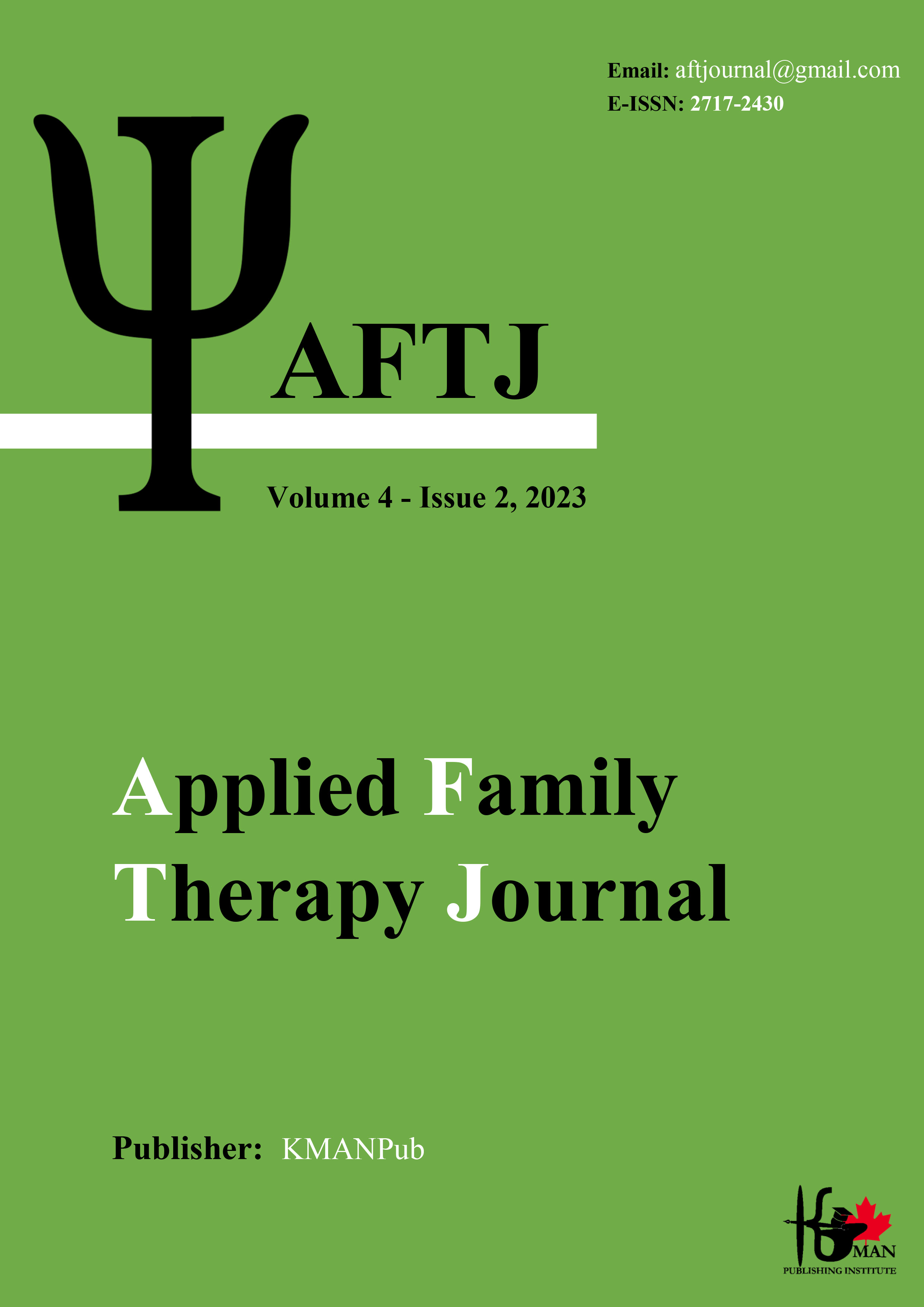Structural model of marital commitment based on irrational beliefs and marital justice with the mediation of cognitive emotion regulation
Keywords:
marital commitment, irrational beliefs, marital justice, cognitive emotion regulationAbstract
Aim: The purpose of this research is to investigate the structural model of marital commitment based on irrational beliefs and marital justice with the mediation of cognitive emotion regulation. Methods: The research method was correlation and structural equation modeling. The statistical population in this research included all couples who referred to Tehran counseling centers in 2021. Purposive sampling method was used to select the research sample, so that 300 couples were selected as the sample group based on the criteria for entering and exiting the research. The research tools included the Jones Irrational Beliefs Questionnaire (1968), the Marital Commitment Questionnaire of Adams and Jones (1997), the Cognitive Emotion Regulation Questionnaire of Garnefski and Kraaij (2006), and the Marital Justice Scale of Ghaffari et al. (2018). Structural equation modeling method was used for data analysis. Results: The results of the conceptual model test showed that the fit indices of the research model are in a favorable condition. Irrational beliefs have a significant indirect effect (through positive emotion regulation and negative emotion regulation) on couples' marital commitment (p<0.05). Marital justice and self-efficacy affect patients' marital commitment through negative emotion regulation (p<0.05). Conclusion: According to research findings, in counseling centers, to increase the level of marital commitment, it is necessary to pay attention to the antecedents of irrational beliefs and marital justice.
Downloads
Downloads
Published
Issue
Section
License

This work is licensed under a Creative Commons Attribution-NonCommercial 4.0 International License.





















